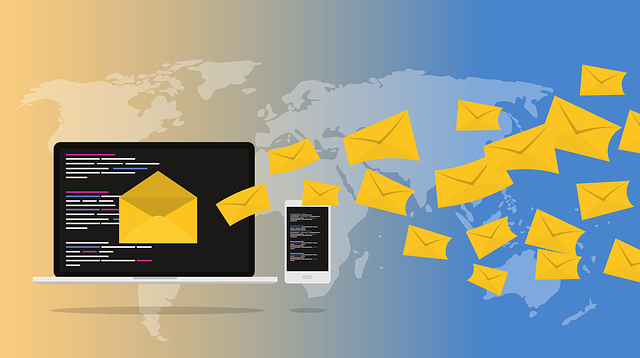AI coaching transforms vehicle repair by leveraging data analytics to predict issues, optimize services, and automate diagnostics. It frees technicians from routine tasks, enabling them to focus on complex problems while providing tailored repair plans. By streamlining workflows, reducing errors, and enhancing productivity, AI coaching enhances efficiency and customer satisfaction for automotive businesses. Continuous training, clear goal alignment, task automation, and data feedback loops ensure effective integration and maximize the benefits of AI coaching in vehicle repair operations.
In today’s digital era, AI optimization is transforming various industries, and vehicle repair is no exception. This article explores how AI coaching strategies can revolutionize workflows within vehicle repair businesses. We delve into understanding AI’s pivotal role in enhancing efficiency, accuracy, and cost-effectiveness. By implementing tailored coaching techniques, repair shops can maximize AI integration, streamlining processes from diagnostics to part replacement. Discover best practices for a successful transition, ensuring your business stays ahead in the competitive market of automotive technology.
- Understanding AI's Role in Vehicle Repair
- Coaching Strategies for Efficient Workflows
- Maximizing AI Integration: Best Practices
Understanding AI's Role in Vehicle Repair

Artificial Intelligence (AI) is transforming the automotive industry, and its impact on vehicle repair workflows is significant. By leveraging AI coaching, vehicle repair businesses can streamline their operations, improve efficiency, and enhance customer satisfaction. AI algorithms can analyze vast amounts of data from various sources—including sensor readings, maintenance records, and historical repairs—to identify patterns, predict potential issues, and optimize service processes.
This technology enables automated diagnostics, suggesting the most probable causes for vehicle malfunctions, which in turn allows technicians to focus on complex troubleshooting. Moreover, AI can facilitate personalized repair plans by considering specific vehicle models, ages, and past maintenance histories. Such tailored approaches not only save time but also ensure higher accuracy in repairs, making AI coaching a valuable asset for modern vehicle repair businesses.
Coaching Strategies for Efficient Workflows

AI coaching is transforming vehicle repair businesses by streamlining workflows and enhancing efficiency. These intelligent systems can analyze vast datasets to identify patterns, predict parts failures, and optimize service routines. For example, AI algorithms can review historical maintenance records, vehicle specifications, and environmental factors to recommend proactive maintenance schedules, reducing unexpected breakdowns.
By leveraging AI coaching, repair shops can standardize processes, minimize human errors, and improve overall productivity. Automated diagnostics and personalized recommendations free up technicians’ time, allowing them to focus on more complex tasks. Moreover, AI can facilitate knowledge transfer among team members by providing consistent training materials and best practices based on real-world data, ensuring a highly skilled workforce capable of handling modern vehicle repair challenges.
Maximizing AI Integration: Best Practices

To maximize AI integration in vehicle repair workflows, businesses should adopt best practices that facilitate seamless adoption and optimal performance. One key strategy is continuous AI coaching, where staff receive regular training on new technologies and their applications. This helps dispel fears about job displacement and empowers workers to embrace AI as a tool for improvement rather than a replacement.
Additionally, establishing clear goals and aligning them with AI capabilities is crucial. Defining specific tasks suitable for automation can streamline operations, enhance efficiency, and reduce human error. Regular data analysis and feedback loops are also essential. By monitoring the performance of integrated AI systems, repair businesses can identify areas for improvement and make necessary adjustments, ensuring that their AI coaching programs remain effective and aligned with evolving industry standards.
AI optimization, particularly through effective coaching strategies, can significantly streamline vehicle repair workflows. By leveraging best practices and maximizing AI integration, repair businesses can enhance efficiency, reduce costs, and improve customer satisfaction. Implementing AI coaching techniques ensures that these technologies adapt to the unique needs of vehicle repair, fostering a harmonious relationship between human expertise and machine learning capabilities. This approach positions vehicle repair businesses for success in an era driven by advanced automation, ultimately benefiting both operations and customers alike.
